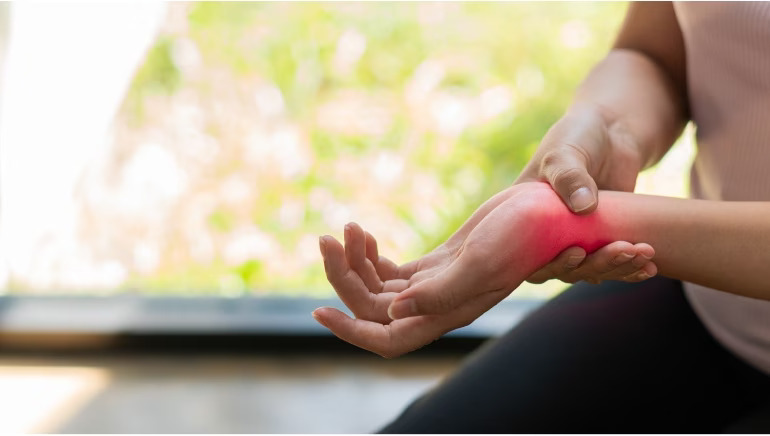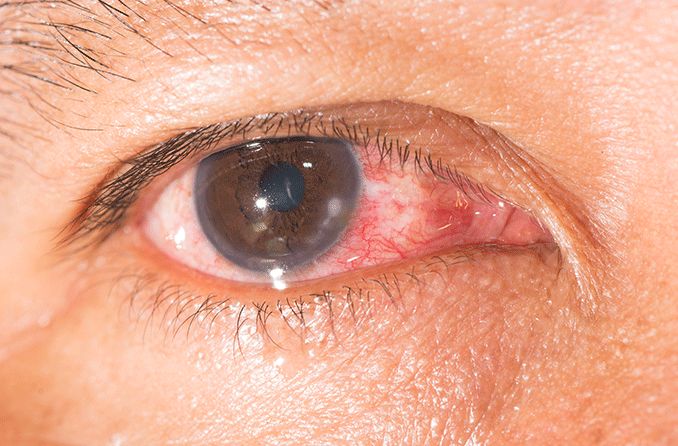Understanding Reactive Arthritis
Reactive arthritis is a type of arthritis (inflammation of the joints) that develops following an infection elsewhere in the body, typically in the urinary tract, genitals, or intestines. This condition often affects the knees, ankles, and feet, and usually appears two to four weeks after the initial infection.
Homeopathic Approach to Treating Reactive Arthritis
Homeopathy offers a promising approach to managing reactive arthritis by enhancing the body’s natural healing processes. By strengthening the immune response, homeopathic remedies aim to help the body combat the underlying infection and promote recovery. Treatments are tailored to the individual’s specific symptoms, with no one-size-fits-all remedy. Instead, the choice of remedy is based on the unique characteristics of each case.
Common Homeopathic Remedies for Reactive Arthritis
- Rhus Tox: This remedy is commonly used for joint pain associated with reactive arthritis. It is especially effective when the joints are stiff, swollen, warm, and painful. Rhus Tox is particularly indicated when warmth or gentle massage provides relief, and when joint pain worsens during periods of rest but improves with movement.
- Euphrasia Officinalis: Euphrasia is an effective homeopathic remedy for eye symptoms that can accompany reactive arthritis. It is particularly helpful for red, inflamed eyes with discharge, itching, and a gritty, sand-like feeling. Other symptoms that may respond to Euphrasia include burning pain in the eyes and sensitivity to light.
- Cantharis Vesicatoria: This remedy is useful for reactive arthritis that includes urinary symptoms. It is indicated for severe pain and burning during urination, often accompanied by a frequent urge to urinate. Urine may be scanty, passed drop by drop, and sometimes mixed with blood.
- Sulphur: Sulphur is often prescribed for reactive arthritis when there are accompanying skin symptoms, such as rashes with intense itching. The itching is typically worse at night or in bed. Scratching may lead to bleeding, burning sensations, and soreness. In some cases, washing the affected skin can exacerbate the symptoms.
- Merc Sol: This remedy is well-suited for treating mouth sores that can occur with reactive arthritis. Symptoms that may indicate Merc Sol include painful sores that worsen with touch or eating, a burning sensation, inflammation of the mouth, excessive saliva production, a metallic taste, and a foul odor from the mouth.
Causes and Risk Factors for Reactive Arthritis
Reactive arthritis is triggered by an infection in the body, most commonly bacterial infections of the urinary tract, intestines, or genitals. Bacteria such as Shigella, Chlamydia trachomatis, Salmonella, and Clostridium difficile are frequent culprits. Individuals between the ages of 20 and 40 are most at risk, and men are more likely than women to develop the condition. Additionally, people who have the HLA-B27 gene are at a higher risk of developing reactive arthritis.
Symptoms of Reactive Arthritis
The main symptoms of reactive arthritis include joint pain, swelling, and stiffness, particularly in the knees, ankles, and feet. The sacroiliac joint in the pelvis may also be affected. In addition to joint issues, individuals may experience urinary symptoms such as painful, burning, or frequent urination, and sometimes blood in the urine. Eye inflammation, characterized by pain, itching, redness, and discharge, is also common. Other possible symptoms include skin rashes and mouth sores.
By understanding these symptoms and potential remedies, individuals with reactive arthritis can seek appropriate treatment and management options to help alleviate their discomfort and promote healing.




